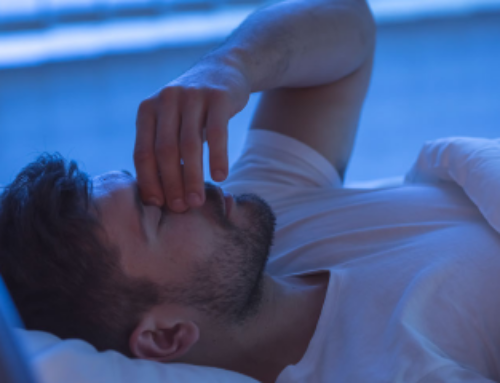Make sleep a priority during the work week. Catching up on your sleep during the weekend may not be enough to stave off the effects of sleep loss.
Researchers discovered the impairments linked to sleep deprivation such as lapses in attention and delayed reaction time can remain even after a long night of recovery sleep. It may take multiple nights to find full relief from extended sleep deprivation.
Sleep debt can add up, and because most people can’t sleep for more than 10 hours at a time it’s impossible to close the gap in a single night.
Burning the candle at both ends by staying awake late during the workweek may hurt your ability to perform at work or school for weeks to come.
The laboratory-based study published in the August issue of SLEEP involved 159 healthy adults who were about 30 years old. More than half of the participants were African American. All but 17 of the subjects had to sleep from 4 a.m. to 8 a.m. for five consecutive nights. On the sixth night, they were randomly assigned to one of six lengths of recovery sleep.
The participants took a 30-minute long computerized neurobehavioral assessment every two hours throughout the duration of the study. The assessment included a Psychomotor Vigilance Test and the Karonlinska Sleepiness Scale. A modified Maintenance of Wakefulness Test was also given at the start of the study, after the fifth night, and during the recovery day.
Researchers noticed a reduction in impairment after the night of recovery sleep. The improvements increased for lengthier sleep times, but the effects of sleep loss were never fully eliminated. Lapses of attention, subjective sleepiness, reaction times, and fatigue scores were above baseline for all 27 participants assigned to 10 hours of recovery sleep.
Another interesting finding involved the participants who were assigned to extreme sleep restriction on the sixth night instead of recovery sleep. Performance and alertness significantly deteriorated after a final night with little to no sleep.





